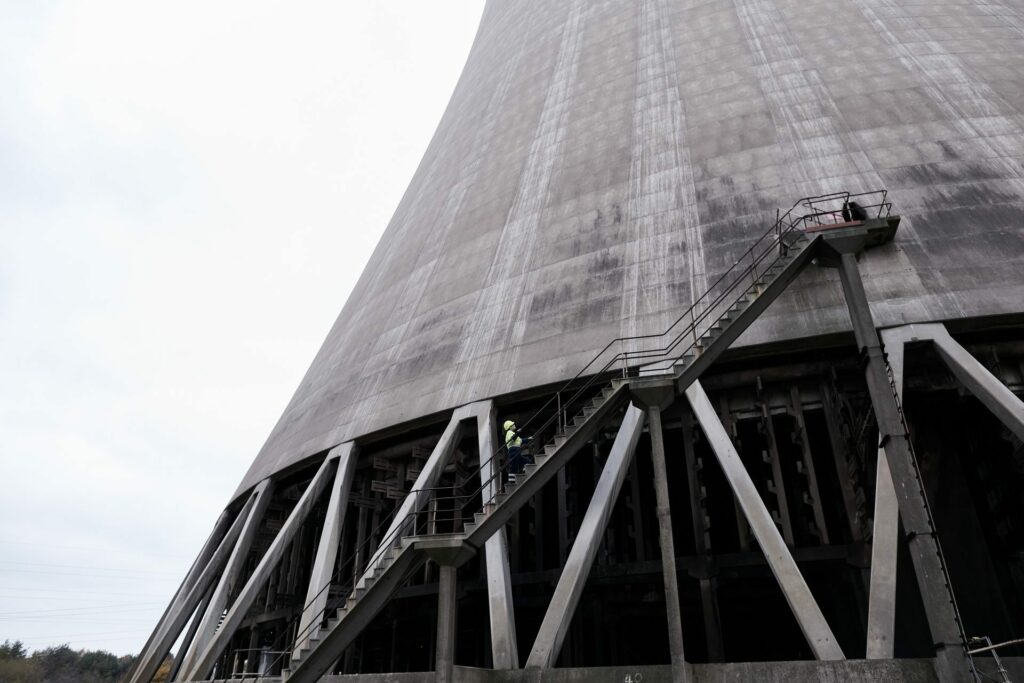Drax is estimating that it is to take a £60 million hit from the impact of COVID-19 as its Customers business feels the bite due to plummeting demand.
As demand falls across the UK, energy giant Drax has outlined that its Customers business, which supplies power, gas and energy services to the C&I and SME markets, has seen a “significant” reduction in demand, with the SME market expected to be particularly hard hit moving forwards.
Drax operates both Haven Power and Opus Energy, both of which are focused on B2B energy supply.
Whilst Drax stressed it is working to assess the potential impact of the demand reduction, as well as the increased risk of business failure and bad debt, it is estimating a potential impact of £60 million from the COVID-19 pandemic, the majority of which relates to its Customers business.
The company is now expecting a full year Adjusted EBITDA loss for the Customers business.
Reductions in demand are also affecting the Generation arm of the company, with its expectations for the full year reflecting a reduction in Renewable Obligation Certificate recycle prices, although Drax is looking to partially offset this through increased activity in system support services across the generation portfolio.
There are also worries about the continuation of the biomass supply chain, with the performance of its Generation business hinging on dependable supplies.
Four units of company’s flagship Drax Power Station operate using biomass, whilst the other two are to stop using coal in 2021.
The company is also part of a consortium looking to establish a net zero industrial cluster in the Humber, with biomass alongside carbon capture technology to be a key part of the project.
At present there has been no impact on the biomass supply chain, Drax said, as the company hassuppliers across both North America and Europe, and 300,000 tonnes of biomass storage capacity at Drax Power Station. This, alongside the biomass currently in its supply chain, means Drax has visibility over one million tonnes of biomass in transit, which would allow it to operate its Contracts for Difference unit for over four months.
As a whole, across the first three months of 2020 Drax’s generation portfolio “performed well”, and has a strong forward power sales position through 2022, providing a high level of earnings visibility, the company said.
It also pointed to its hydro assets, which have also seen a strong performance. In particular, Drax highlighted Cruachan Pumped Storage Power Station, which has secured a contract with National Grid ESO to provide inertia and reactive power services.
The contracts were announced by National Grid ESO in January, with the successful bidders to provide inertia without simultaneously providing electricity.
This contract is expected to begin during Q2 2020, and is worth up to c.£5 million per year over six years.
Overall, the company’s 2020 full year EBITDA is “currently in line with consensus”, including the £60 million impact of COVID-19.
As of 31 March 2020, it had a strong balance sheet, with its net debt standing at £818 and its available cash and committed cash facilities coming in at £663 million.
In 2019, its debt soared to £841 million, up from £319 million the year before. It also saw an operating profit of £62 million, although its EBITDA hit £410 million.
Will Gardiner, CEO of Drax, said: “We have strong business continuity plans in place and are in close contact with the UK government.
“As COVID-19 continues to develop, we remain vigilant in looking to protect all our stakeholders and will report further if there are significant changes to our outlook for 2020.”





